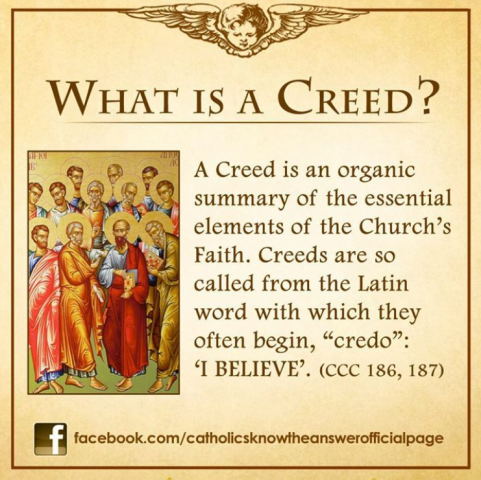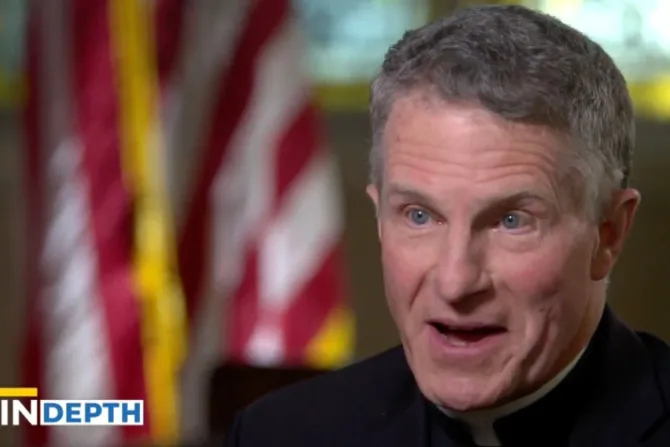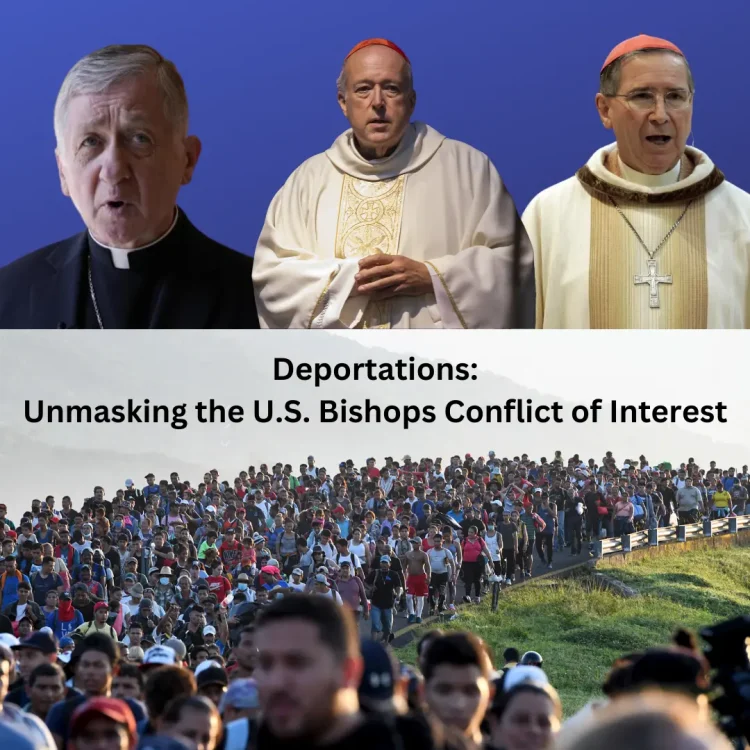On Losing Sight of Fundamental Beliefs, by Phil Lawler

Shot Shaming Continues, by Kim Tisor
September 19, 2022
Biden Regime Moves Forward with US Central Bank Digital Currency So They Can Ban, Censor and Shut Down Accounts of Boisterous Conservatives and Starve Them Out, by Jim Hoft
September 20, 2022
By Phil Lawler, Catholic Culture Sept. 16, 2022
 This semester I am leading a class of upperclassmen at Thomas More College in a study on the American Founding. We are reading the Declaration of Independence and the Constitution, of course; and Locke and Burke and Tocqueville and the Federalist Papers. Then, with that background, we will plunge into more recent arguments about the American experiment.
This semester I am leading a class of upperclassmen at Thomas More College in a study on the American Founding. We are reading the Declaration of Independence and the Constitution, of course; and Locke and Burke and Tocqueville and the Federalist Papers. Then, with that background, we will plunge into more recent arguments about the American experiment.
Have we, as a people, strayed from the principles of the Founders? Do those principles still apply to America today? Has the world changed so much that a new understanding is needed? Or was there something fundamentally wrong with—or missing from—the Founders’ vision? These are all serious questions for young people to ask, as they enter adulthood in a country marked by deep political divisions.
As I tell my students, the most remarkable political event of my lifetime was the collapse of the mighty Soviet empire: a development that very few people anticipated, and that even now, very few people can adequately explain. But as I see it, I continue, the explanation is fairly simple. The Communist system collapsed because no one—including the country’s leaders—really believed in the Communist ideology any more. No regime, regardless of its economic or military power, can survive for long when its people no longer believe in the government’s claim to legitimacy.
That is a sobering reflection to bring to today’s American political debates. Do we, as a nation, still believe that human rights are established by “Nature and Nature’s God,” not by legislatures or courts or even by international accords? Do we still believe that a just government must necessarily be strictly limited in its powers? Are we committed to the freedom of speech and freedom of religious exercise guaranteed by the 1st Amendment? For that matter do we even remember the content of the much-neglected 9th and 10th Amendments (which, coincidentally, guard against government-sponsored violations of the much-neglected 9th and 10th Commandments)?
But while I challenge my students to ponder these serious questions, I find myself wrestling with some that are even more serious, regarding the state of our Church. Every Sunday at Mass, we Catholics profess our fundamental beliefs, elegantly stated in the Nicene Creed. But do those profound beliefs truly motivate our lives? Do they accurately represent our relationship with the Catholic Church, as a community of believers bound together by faith?
Too often, complacent Catholics (and which of us is not complacent?) lapse into thinking of the Church as a social institution, a supportive community, a source of comfort and strength. Pope Benedict XVI frequently warned against thinking of the Church as a sort of NGO, promoting the general welfare. Any Catholic who slips into that error should be brought up short by the reading from today’s Mass, from St. Paul’s first Leter to the Corinthians (15:19): “If for this life only we have hoped in Christ, we are of all men most to be pitied.”
The deadly danger against which St. Paul warns us is the all-too-common tendency to see the Church as a human, rather than divine, institution—to forget that “my Kingdom is not of this world.” Start building an image of the Church on that false foundation, and disaster looms.
We have seen, in these early years of the 21st century, how the disaster can unfold, in the form of scandal. Sadly, many Catholics have lost their confidence in the Church’s leadership as a result. Almost as sadly, many others have clung to their confidence in the leaders, at the cost of forgetting their mission. Writing as “Diogenes” on this site 17 years ago, the late Father Paul Mankowski made the diagnosis:
Unable to handle this paradox—which the New Testament calls scandal, a stumbling block—some Catholics lapse into cynicism. (“Nobody believes the doctrine. It’s all a power game.”) Others contend that the lies of ecclesiastics are not lies at all or, at least, not really as grave as they appear.
The former tend to flatter themselves on their realism; the latter console themselves with their piety. Both groups lack the strength of faith needed to believe that the divine governance of the Church can coexist with appalling human frailty in her ministers.





Phil Lawler has been a Catholic journalist for more than 30 years. He has edited several Catholic magazines and written eight books. Founder of Catholic World News, he is the news director and lead analyst at CatholicCulture.org.